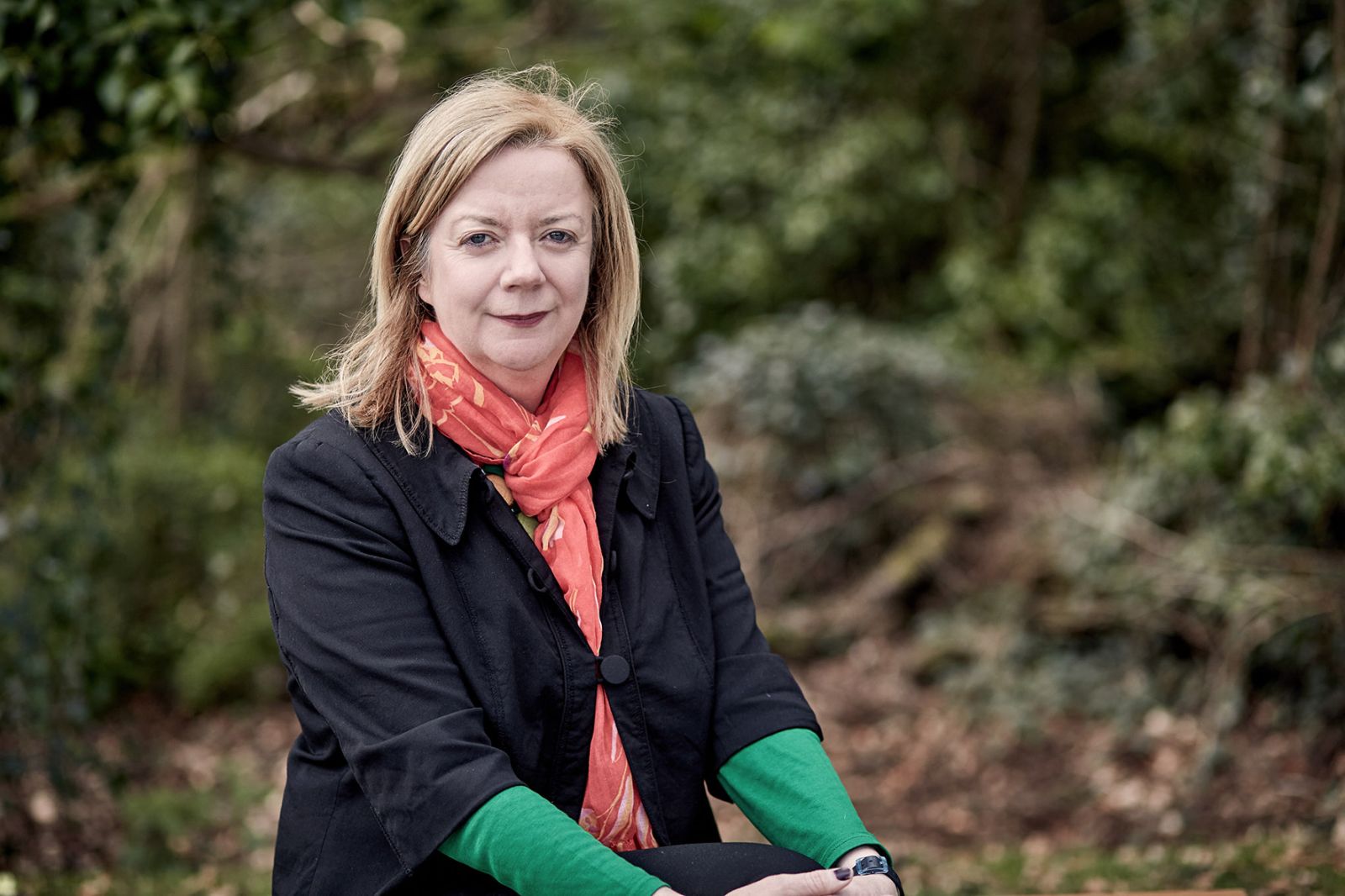
In this blog, Solicitor and former OU Law School central academic Siobhan Cullen writes about a recent project that aimed to gain insight into the study experiences of prisoners through the eyes of the associate lecturers.
As we contemplate the lived experience of prisoners and the impact that the period of incarceration has on them, as well as on the wider community, how often do we consider education?
If any person is imprisoned for a significant period of time, it is definitely advantageous if they are actively learning rather than sitting lethargically in a cell. Whilst victims of crime understandably tend to focus on punishment, the societal focus is also on rehabilitation in order to reduce recidivism. It is clear that education is an essential aspect of rehabilitation and it is important to consider whether all prisoners have the same opportunities to study and what, if any, the barriers may be.
The general focus on prisoner education tends to relate to developing literacy skills which is indeed significant and does enhance employability skills. Another important aspect of prisoner education, however, is undertaking courses in higher education since this develops critical thinking, reflection and numerous other skills which will assist in their rehabilitation as well as employability.
Whilst there is strong evidence that education of prisoners has societal benefits, including the reduction of re-offending, certain concerns regarding the nature and quality of this education have been documented in recent reports and studies (for example, (HOEC (2022[1]).
The OU has been a provider of higher education to students in secure environments (‘SISE’) for over forty years. There are approximately 1750 SISE currently studying with the OU on over 140 modules, spread over roughly 150 prisons in the UK and Ireland (OU (2023). As a result, myself and a colleague Kate Ritchie in the Open University Law School recently conducted a SCiLAB (The Scholarship Centre for innovation in online Legal and Business education) funded project. This aimed to gain insight into these study experiences through the eyes of the Associate Lecturers (ALs) who tutor SISE studying law, and to explore what the enablers of, and barriers to, effective study might be.
We interviewed six ALs who had current or recent experience in tutoring prison students and in general the ALs described the students as motivated, enthused and brilliant students who, in the words of one AL, “often did exceptionally well”. There were various factors mentioned in this regard including the fact that there is a real commitment in terms of having chosen to study in the circumstances especially as this may reduce the amount of time available to undertake paid work roles whilst in prison.
These views are supported by wider research – for example, studying is believed to create a positive forward-looking setting for a prisoner which has the potential to draw them away from the negativity around criminal activity (Clarke, 2016[2] ) and there is also research which indicates that developing a positive identity as a student benefits post-release outcomes because it helps to overcome the stigma of being labelled a criminal that is so difficult to get beyond (Earle et al. (2020[3]).
Some of the ALs interviewed had previously delivered in-person tuition to prison students either one-to-one or in groups. This form of tuition came to an end during the covid pandemic, was replaced by phone tuition, and has not been reinstated. As a result, they observed that it has made it harder to build trust and establish a relationship and get a clear sense of what materials the student has been studying. It does seem that face-to-face tuition afforded scope for greater interactivity, boosting well-being and reducing isolation, which has been lost with the introduction of phone tutorials.
HM Prison and Probation service identified more extensive use of video conferencing facilities in prison as an objective for 2024 (HMPPS (2022[4]) so it will be interesting to see if this innovation is implemented more widely. With the development of a virtual court room by OU academics in Open Justice Centre, there could even be scope to introduce elements of virtual reality into the study experience of prison students studying law. As one AL put it, “You do need some visuals.”
There are indeed a number of enablers in the prison context which may explain why SISE are regarded as being such enthused and motivated students. There is of course time to study whilst in prison due to “more time on hands” as well as the lack of distraction and more time to think about the material and ask questions, as a result of which, SISE tend to be very engaged.
The Virtual Campus is a teaching platform on which SISE can view the OU teaching materials, without gaining general access to internet sites and forums for communicating with other students. In England and Wales all prisons theoretically have access to the Virtual Campus – the experience of the ALs is that, in reality, this access appears to be inconsistent, supporting the earlier findings of Earle et al (2020[5]) which found that its uptake was dependent on localised prison regimes, priorities and budgets.
The essence of all feedback in the context of the prison service is the fact that it absolutely depends on the individual prison since there is no consistency in terms of the educational processes. Furthermore, the relationship with prison education officers is critical and it is evident that some prisons have excellent education officers who are responsive and helpful and indeed some prisons enable the students to go to the education office and study every single day. It certainly appears that every prison differs and there is no consistency.
Although the fact that the students are in prison may create other barriers such as being isolated, lacking family support and restrictions on funding, the role of the education officer is clearly significant. It does appear that the larger prisons are better resourced and the smaller prisons may be less aware of the OU’s systems and objectives. In essence, a prisoner who wishes to study may be better off in a larger prison which is perhaps the opposite to what might be expected.
Whilst some prisons are doing well in terms of the educational services offered, some are less so and consistency is required. In light of the obvious impact of education on prisoners and the fact that it has societal impact and enhances rehabilitation which is of significant value, this really should be prioritised.
The OU is undertaking valuable work in this regard which is commendable although, since prisoners are often moved at short notice, it is challenging to ensure consistent supports are available. In the event that education is prioritised by HMPPS then it will have a real impact on both prisoners and society since it is clear that prisoners both value and benefit from studying whilst incarcerated. This will ensure that prison students or SISE are never just another brick in the prison wall since rehabilitation is key to reducing recidivism.

Siobhan Cullen: LLb MSc Solicitor and former central academic OU Law School. www.cullenconsultancy.com
References
[1] House of Commons Education Committee Report ( 2022)
Not just another brick in the wall: why prisoners need an education to climb the ladder of opportunity
https://publications.parliament.uk/pa/cm5803/cmselect/cmeduc/56/report.html
[2] Clark, R (2016) How education transforms: Evidence from the experience of Prisoners’ Education Trust on how education supports prisoner journeys, Prison Service Journal Volume 225 PSJ 225, How education transforms.pdf
[3] Earle, R et al (2020) The Open University and Prison Education in the UK – the First 50 Years Journal of Prison Education and Re-entry Vol. 7 No. 1, 2020

Contact us
Get in touch with the Open Justice Team